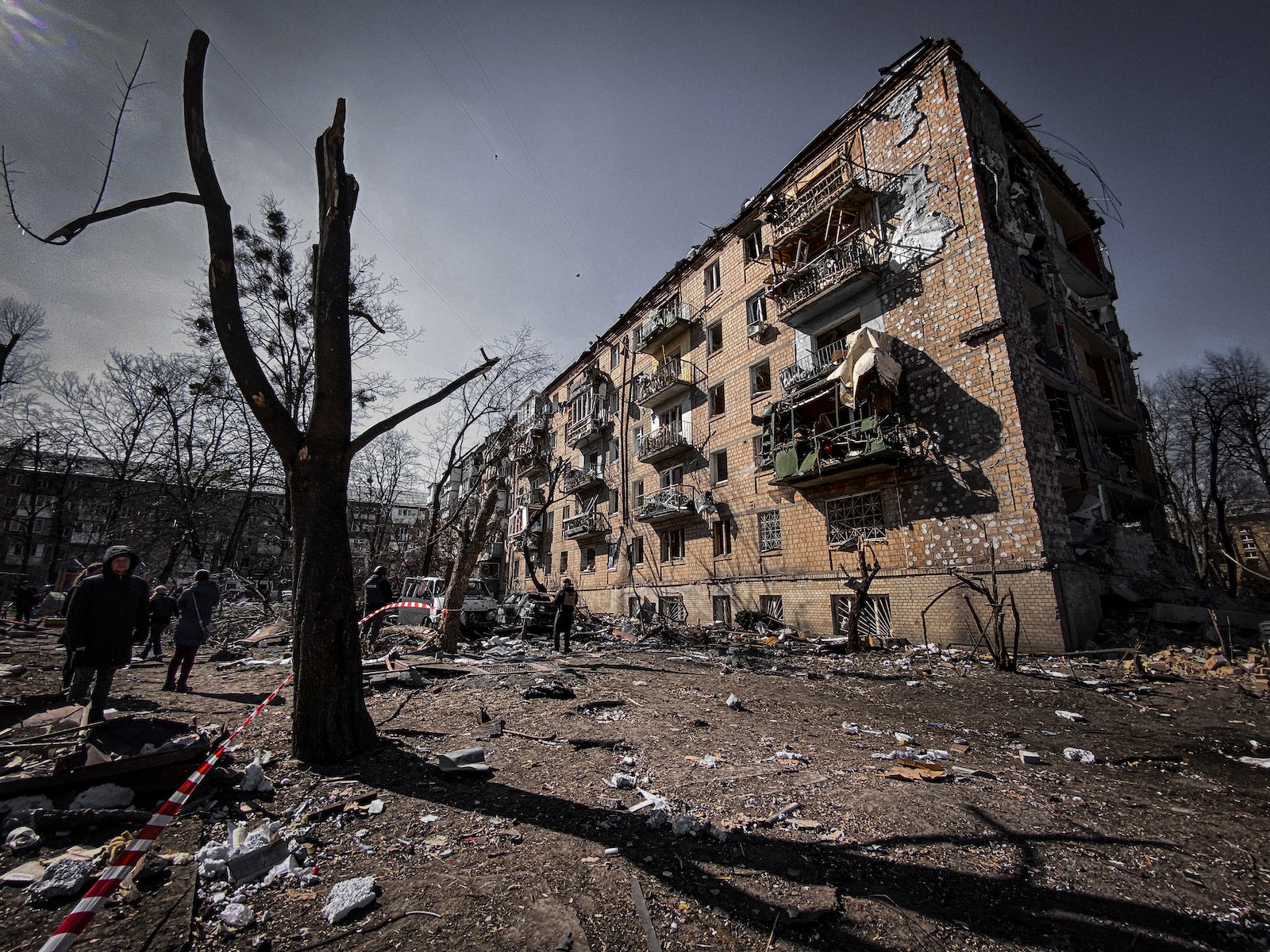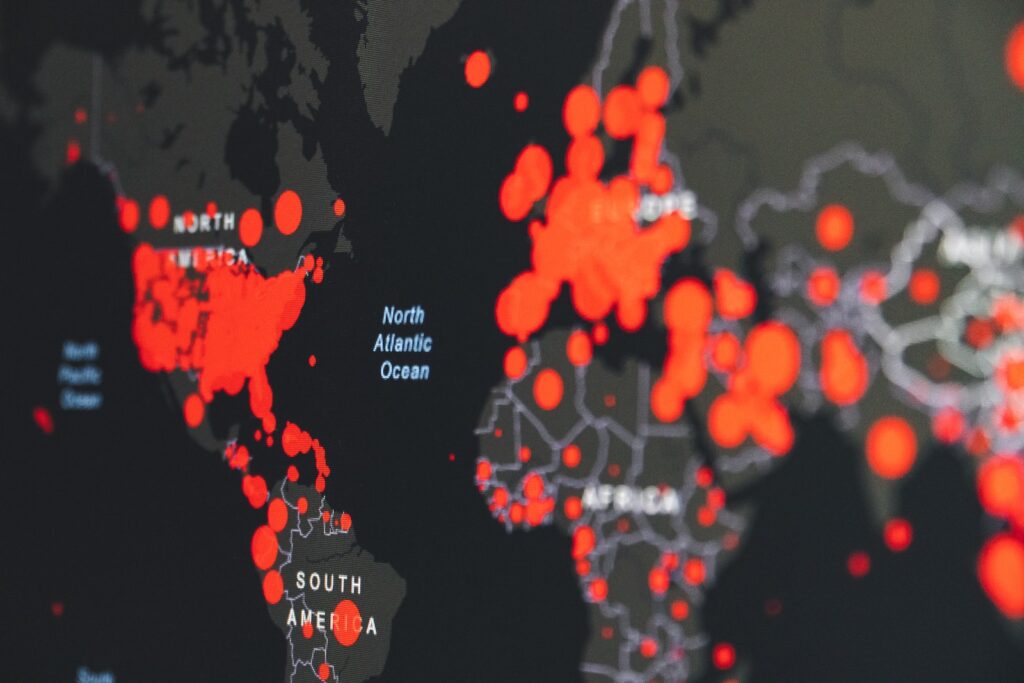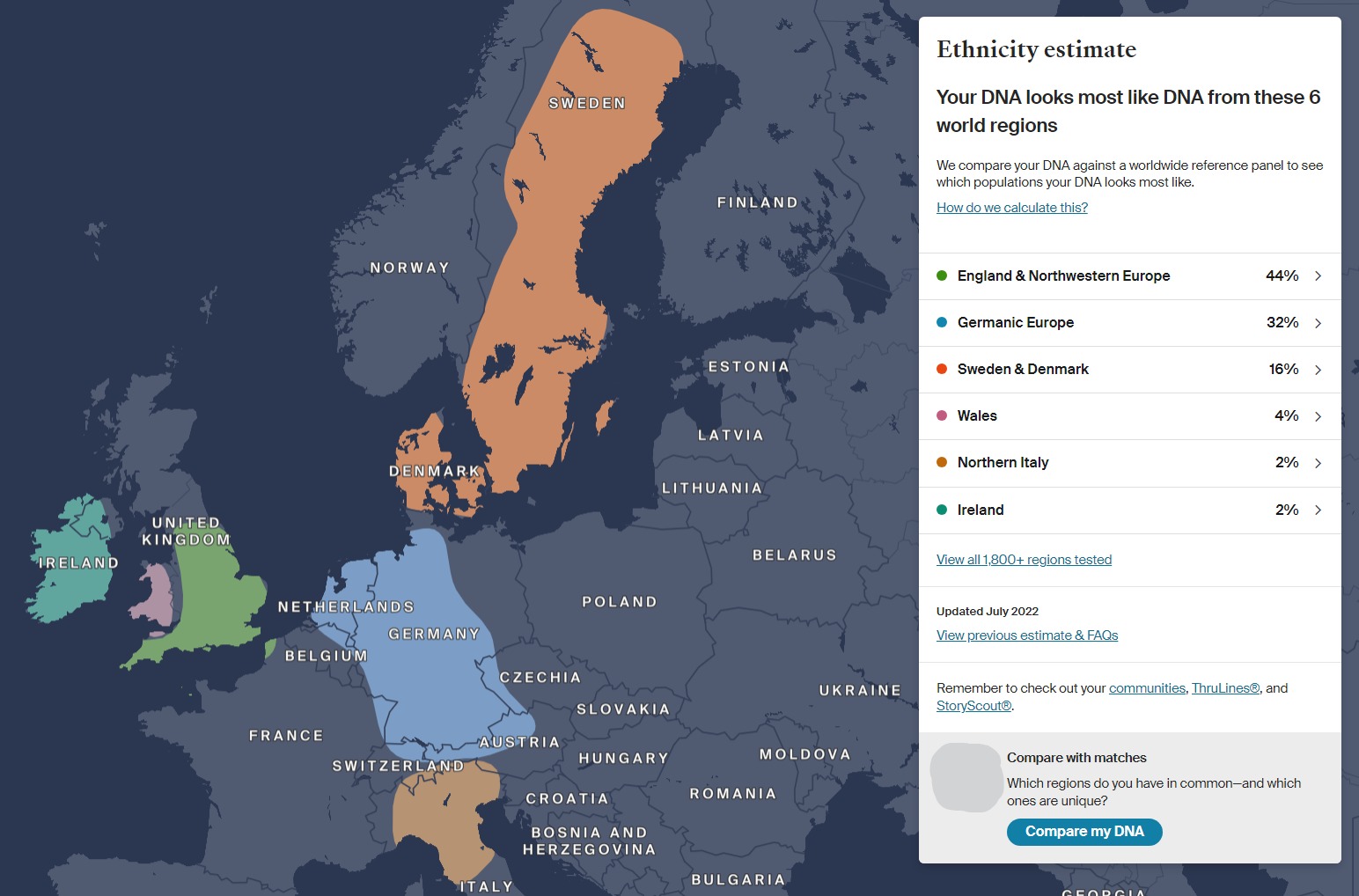When I first met Hans in 1978, I didn’t immediately grasp the depth of the scars history had etched into his life. He was a man of few words, whose eyes, however, spoke volumes—if one was willing to read them. Today, as the echoes of past mistakes threaten to be drowned out by the currents of right-wing ideology in Germany and Europe, I feel compelled to share his story. It’s not just the tale of a broken man but a warning and a plea to our collective memory.
Hans was born in 1926 in Mülheim an der Ruhr, in the industrial heartland of Germany, into a world still reeling from the scars of the First World War. The political and economic instability of the Weimar Republic shaped his early years, a time of turmoil that eventually laid the groundwork for one of the darkest chapters in human history. At 17, as the world plunged once more into the abyss of war, Hans was conscripted into the Wehrmacht and sent to the Eastern Front. There, in the icy grip of the Russian winter, he experienced the brutality of war in its most raw form.
The injury Hans sustained from a grenade, which tore away a large part of his lung, was just the beginning of a long ordeal. Captured by Soviet forces, Hans was transported to a prisoner of war camp in Siberia, a place synonymous with desolation and harshness. Despite his severe injury and the brutal environment, Hans clung to life with a tenacity that was both remarkable and heartrending. The cold, the hunger, the back-breaking labor—all left marks that never fully healed.
The war eventually ended, but Hans’ battle did not. The journey back to Germany was a slow and torturous process, fraught with bureaucratic hurdles and the physical challenges of his still-healing wounds. Upon his return, the joy of reunion with his family was overshadowed by the realization that he, and the nation itself, would never be the same.
His own father didn’t recognize him, and his death certificate already hung framed in the living room—a symbolic image of what the war had made of him: a man the world had already given up on.
The road to physical recovery was long and fraught with complications. The loss of a huge part of his lung meant that Hans would forever be short of breath, a constant reminder of the war’s impact on his body. Yet, it was the invisible wounds that proved harder to heal.
Hans eventually found work at AEG Kanis in Essen, where he worked as an auditor. Yet, the shadows of the past never left him. Alcohol became his constant companion, an attempt to numb the inner demons that haunted him at night. When AEG Kanis closed and Hans went into early retirement, he lost an important anchor in his life. The years that followed were marked by a slow but steady decline that culminated in his death from cirrhosis of the liver. The memories of the horrors he had witnessed and endured haunted him, leading him to seek solace in alcohol, a refuge that would eventually claim his life.
I accompanied Hans in his final years and witnessed how an incredibly strong man was slowly destroyed by his memories and alcohol. I heard only a few of his war stories, but each one deeply moved me and haunts me to this day. They were windows into a soul too deeply wounded to ever fully heal.
The journey of Hans from the moment of his grievous injury on the Eastern Front to his eventual return home is a testament to the resilience of the human spirit amidst the darkest of times. After the grenade tore away one of his lungs, Hans found himself not just battling for his life on the frozen battlefields but also facing a long and arduous path to recovery that would test his limits in every conceivable way.
I aim not only to tell Hans’ story but also to shine a light on the shadows that, decades later, threaten to spread across Europe once again. The resurgence of right-wing ideology, the increasing polarization of our society, and the allure of simple answers to complex questions are alarming parallels to the conditions that once paved the way for the rise of National Socialism.
We must not allow history to repeat itself. We need to keep the memories of people like Hans alive, not just as a monument to the horrors of war but as a warning against the dangers that arise when hatred and intolerance are allowed to flourish unchecked. I wish we could stand together for a world where the dignity of every individual is respected and where the horrors of the past are not forgotten but used as lessons for the future.
Hans’ story is one among many, but it stands as a testament to the countless fates destroyed by war and hatred. By telling it, we not only remember the suffering that was but also commit ourselves to working for a better, more peaceful future.
Hans was my stepfather.
He entered our lives when I was 5 years old. He was a complex character, yet absolutely reliable and a role model to me in many ways. Today, I realize what an incredible and decent person he was. He was only 66 years old when he passed away. He lived much longer than any doctor had predicted for him, and aside from the alcohol, he truly made the most out of this life. And he inspired a boy whose biological father was mostly absent.
I miss him dearly.


